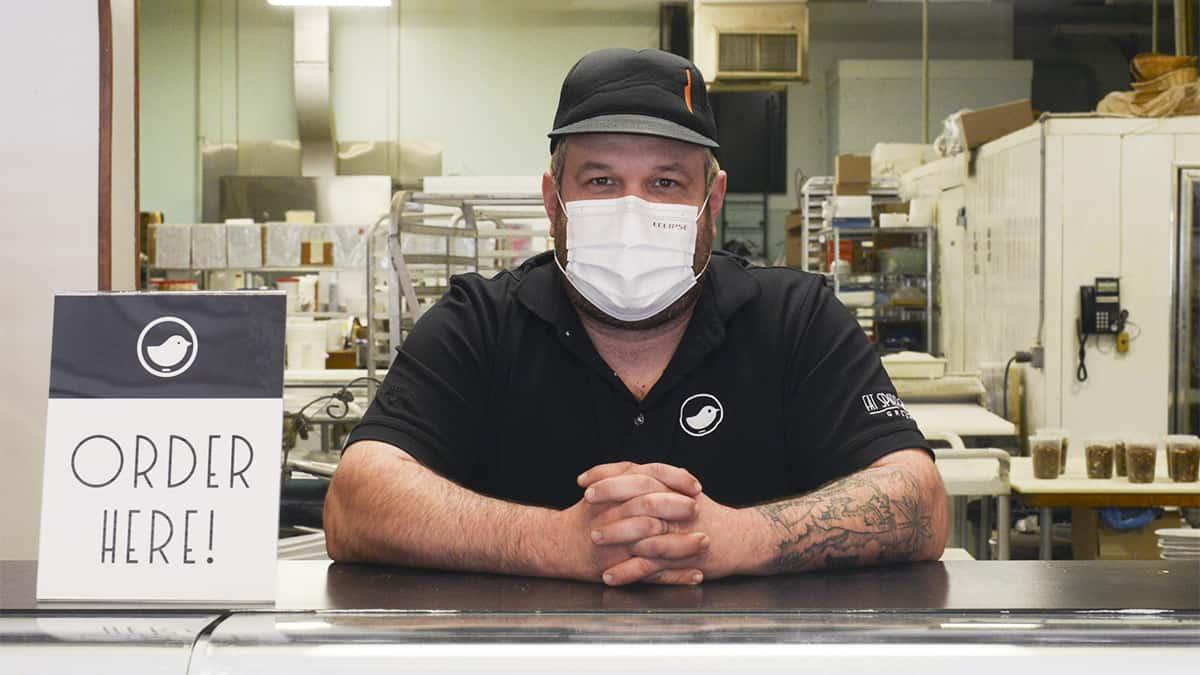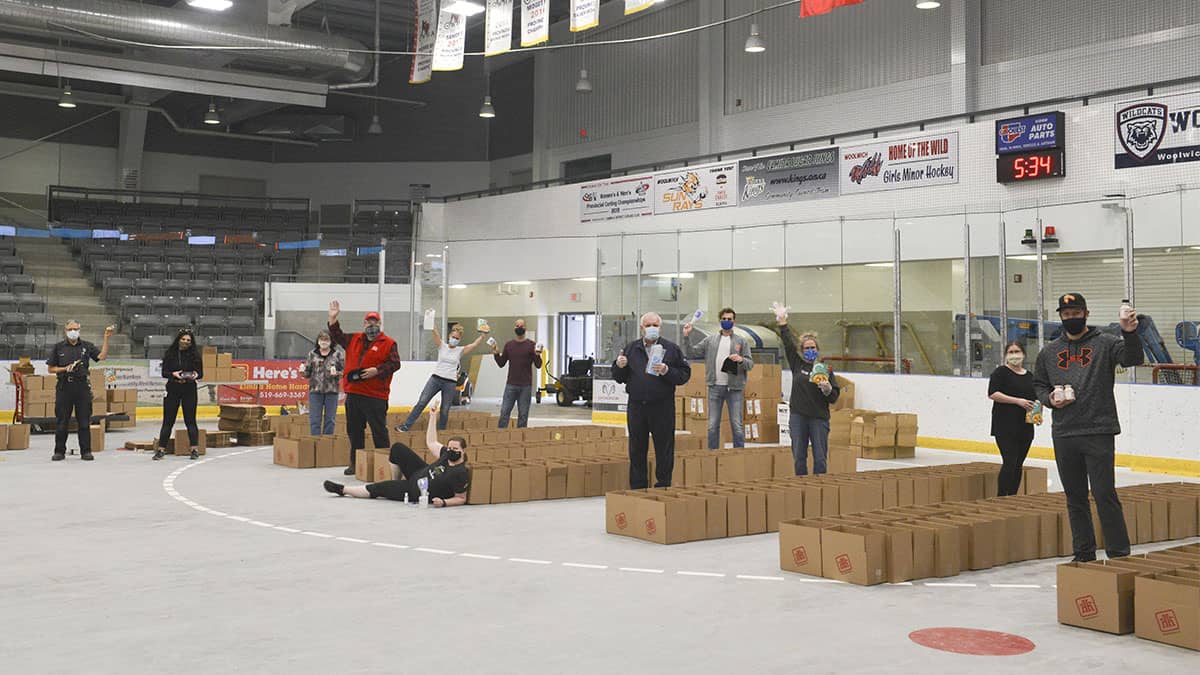Among the hardest hit by the pandemic, business in the tourism sector have special funding available to them through Waterloo Region’s Tourism Adaptation and Recovery Program (TARP). Applications for the second round of funding are being taken until May 21.
Funding of up to $5,000 is available to help offset the cost of health and safety protocols or renovations and equipment to help facilitate physical distancing measures. The program is administered by Explore Waterloo Region, the area’s tourism agency.
“We have all been hit hard by the COVID-19 pandemic, but it has been particularly devastating to the tourism and hospitality sector,” said Minto Schneider, Explore Waterloo Region’s CEO. “Many attractions have been unable to open, restaurants have been closed and opened and then closed again, hotels are suffering from the lack of travel. But we are going to get through this, and when we are permitted to start re-opening, a lot of these hard hit businesses will need some help to ensure they can meet safety measures that will keep their customers and their staff safe.”
In the first round of TARP, 56 businesses received funding, said Schneider, noting there was far more demand than money available to assist tourism operators in the region.
“We knew that we still needed more,” she said of the impetus for a second round of funding.
To meet the growing demand and on-going pandemic rooted financial strain, the region, Kitchener, Cambridge, Waterloo and the Township of Woolwich pooled funds together to make available $550,000 in funding to boost the industry.
In the region, St. Jacobs is one of the principal draws. The market and downtown businesses have seen a large drop in visitors through a number of lockdowns and restrictions related to the pandemic. Similarly, the Elmira Maple Syrup Festival was cancelled in 2020 and forced to go virtual-only this year, with a big impact on local businesses. That’s where TARP funding could be of help.
Nick Benninger, founder of the Fat Sparrow Group, is one of those taking advantage of the funding now available. He says more options need to be made for business, especially in terms of federal programs.

“They’re already starting to talk about when they’re going to end certain federal programs, like the wage subsidies and things like that. And then they haven’t even started to discuss when we’re going to end the lockdowns,” he said. “This needs to come first and foremost if they expect us to all survive this and continue to do what we’re asked to do, whether it be putting in more protocols in our workplaces or shutdown period.
“If we’re going to have to keep doing this, then they can’t stop coming to the table with solutions like this, and it needs to be money in our pocket, unfortunately. And the beauty of something like this is it’s not a loan, it’s a grant,” he said, noting many small businesses are already deep in a financial hole without adding more debt.
Benninger said the TARP funds will be used for measures to ensure the business can continue to operate safely during the pandemic.
Schneider said she hopes more businesses will reach out to access the funds, but does not know what to expect in terms of numbers of businesses that will apply.
“Hopefully, more people will have an opportunity to get their application in. In the first round, we were so oversubscribed that we could not fund what businesses were asking for. I don’t know, but I hope that we’ll have enough money to fund as many businesses as possible at the amounts that they need,” she said.
“We’re encouraging all tourism-related businesses to apply for funding. We want to help people out, we want to help businesses. And we need to preserve the community fabric that is made up of tourism businesses across the region. So, I’d encourage them to apply and if they have any questions to give me a call.”
Schneider can be reached by phone at Explore Waterloo Region, 519-585-7517, ext. 250.









